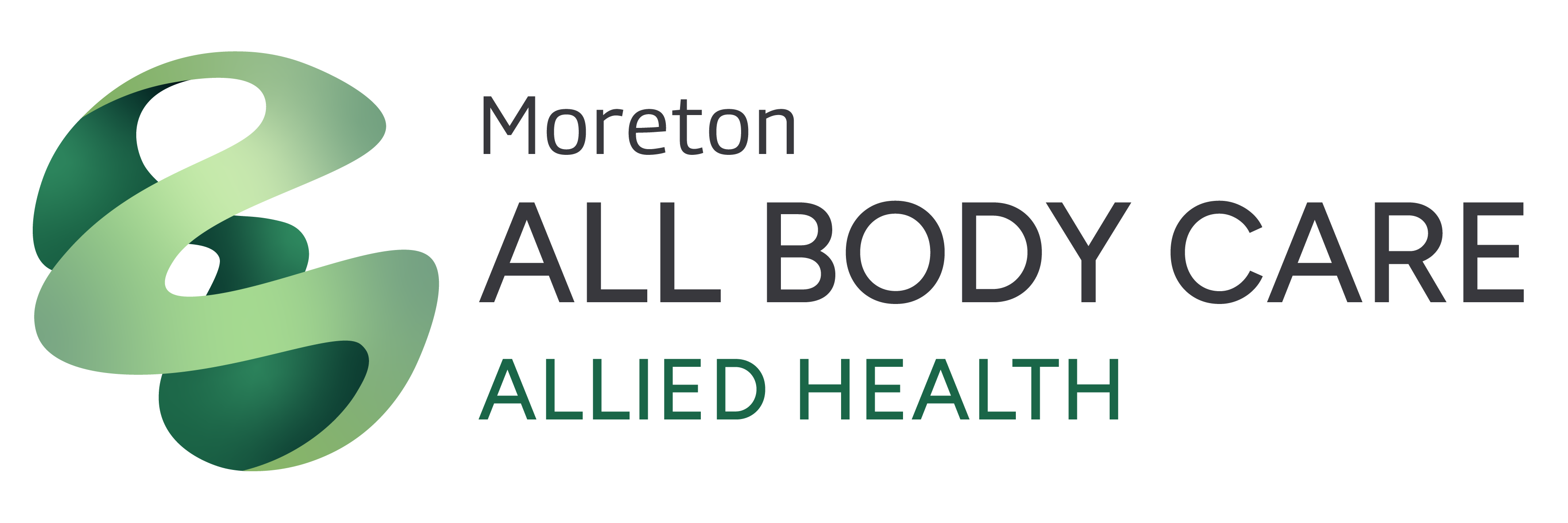Accessing Allied Health services through Medicare
People with Chronic Medical Conditions and Complex Care needs can access Medicare Rebated Allied Health Services under a Chronic Disease Management Plan (CDM) (previously known as an Enhanced Primary Care Plan (EPC)).
A Medicare rebate is available for a maximum of five services per patient each calendar year. Additional services are not possible in any circumstances.
The patient will have to pay the difference between the fee charged and the Medicare rebate. Fees will vary between practices and Allied Health providers.
Patients must have a GP Management Plan and Team Care Arrangements prepared by their GP, or be residents of a residential aged care facility who are managed under a multidisciplinary care plan.
Referrals to allied health providers must be from GPs.
Allied health providers must report back to the referring GP.
A chronic medical condition is one that has been (or is likely to be) present for six months or longer, for example, asthma, cancer, cardiovascular disease, diabetes, musculoskeletal conditions and stroke. There is no list of eligible conditions. However, the CDM items are designed for patients who require a structured approach and to enable GPs to plan and coordinate the care of patients with complex conditions requiring ongoing care from a multidisciplinary team.
Patients have complex care needs if they need ongoing care from a multidisciplinary team consisting of their GP and at least two other health or care providers.
If you feel that you may be eligible for services under a CDM/EPC we recommend you discuss your needs with your GP.
You are entitled to choose who you are referred to for any services allocated under a CDM/EPC and can ask to be referred to any provider who accepts CDM/EPC’s.
If you are unsure about how to access these services please don’t hesitate to contact us and we will be able to provide you with further information.


